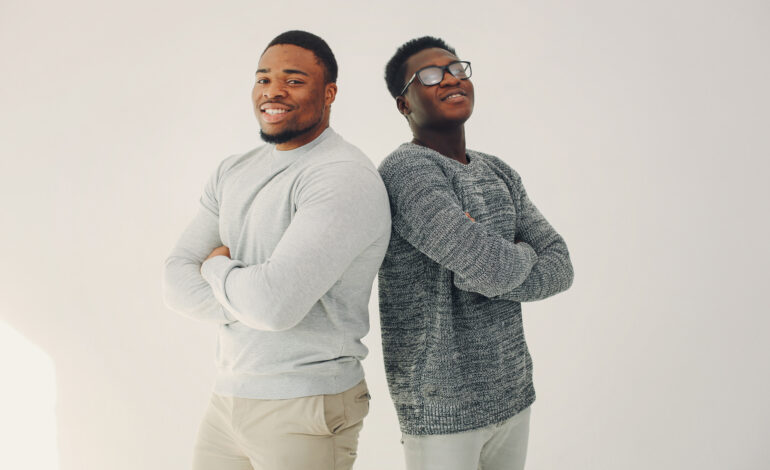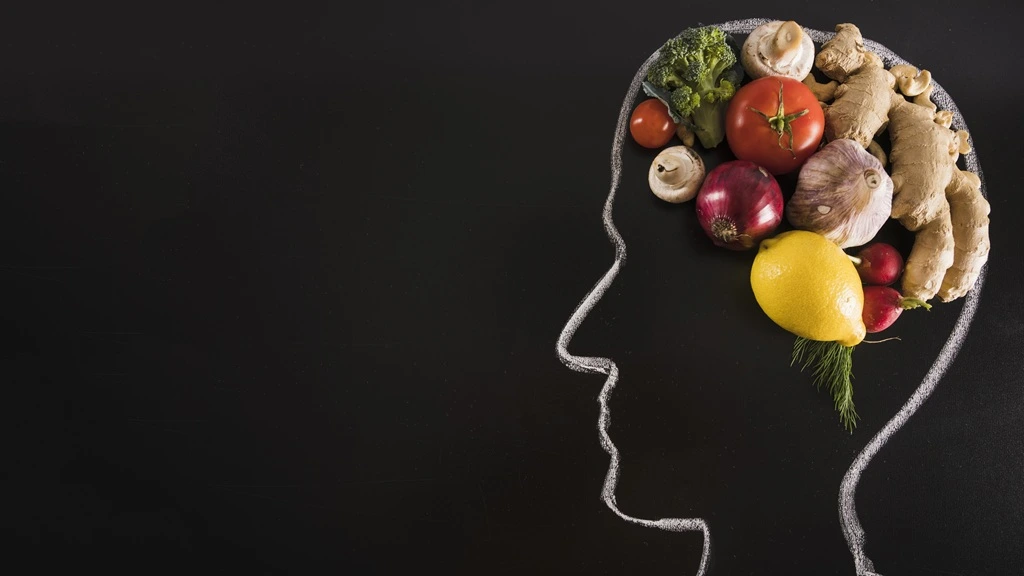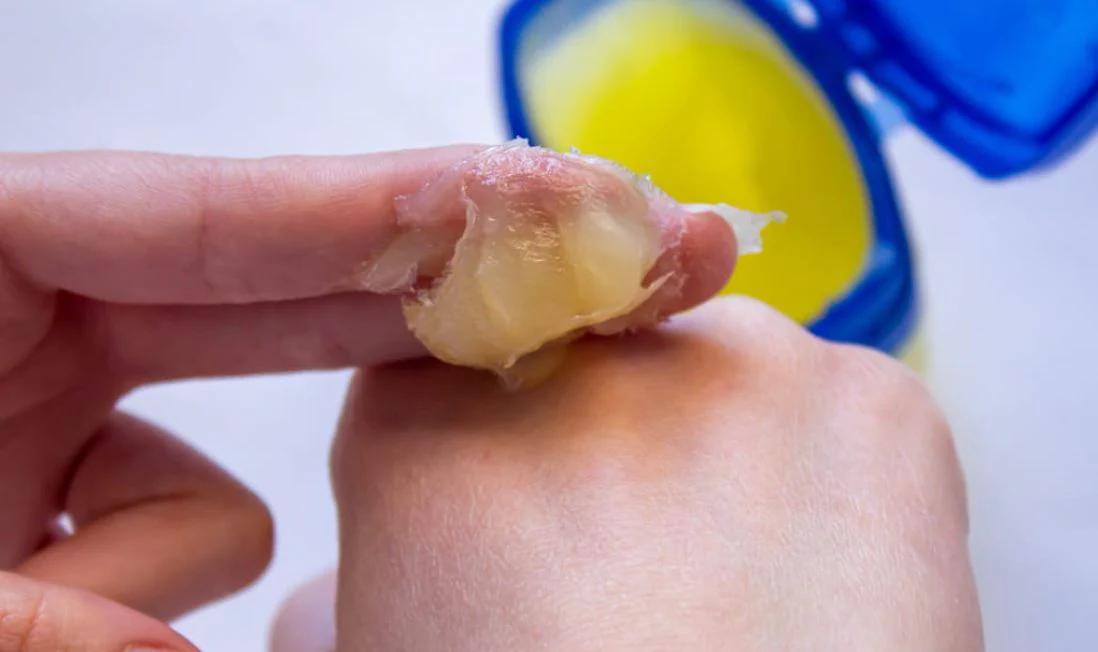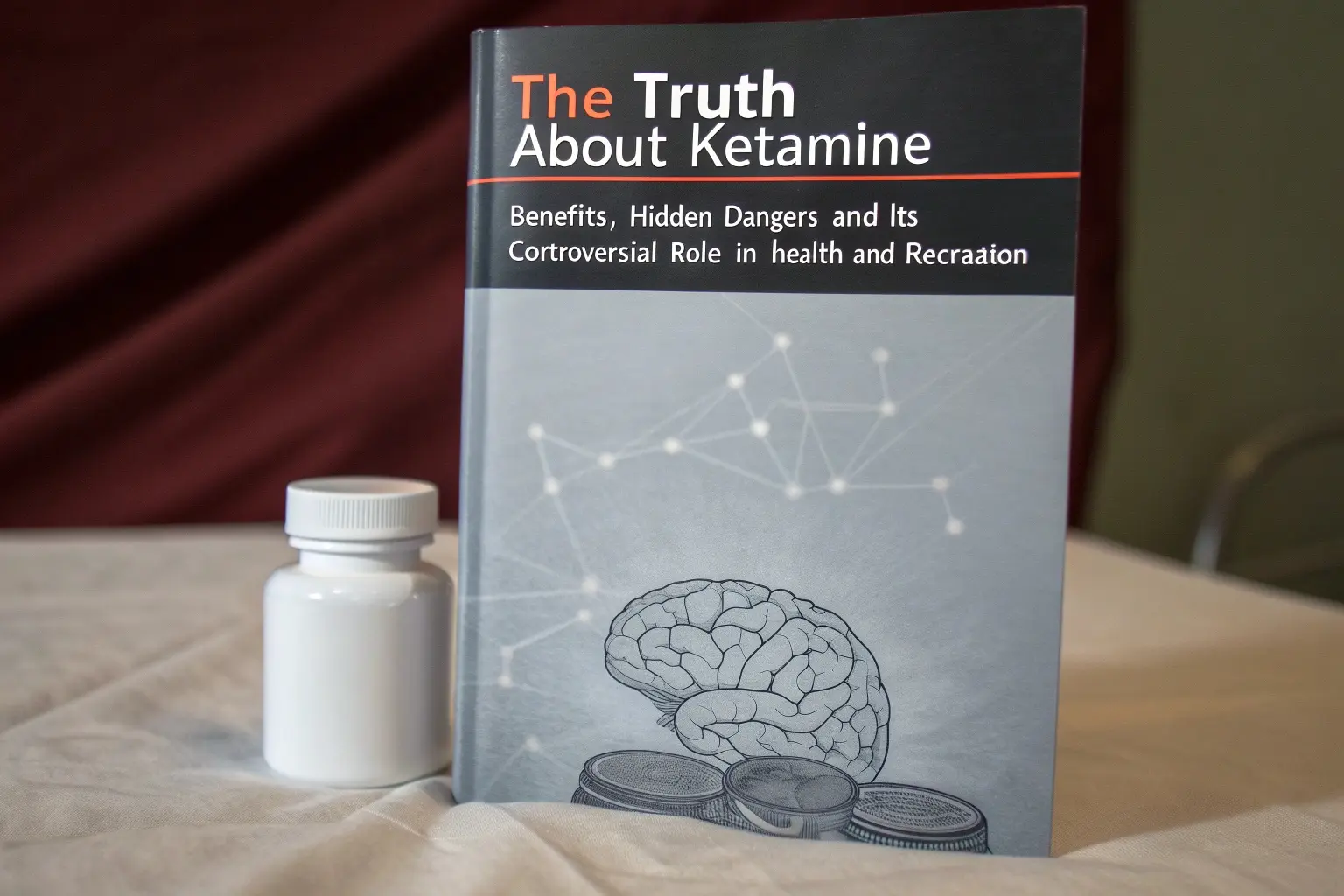Living Undetectable: How HIV Stopped Being a Death Sentence and Started Being a New Beginning
How Modern Medicine Transformed HIV from a Death Sentence into a Life Full of Possibility

- PublishedMay 7, 2025
I found out I was HIV-positive in 2015. I was 20. I had just moved into my first apartment, started a new job, and was texting someone cute from a dating app. And then, suddenly, it all froze. The doctor leaned forward, softened her voice, and said the words that changed everything. “You tested positive for HIV.” I couldn’t hear anything after that.
Back then, I thought HIV was a death sentence. Even though I was born in ’95 — after the worst years of the epidemic — those early images still lived in my head: frail bodies, funerals, headlines screaming about fear and contagion. The media burned that narrative into us. I thought I would start getting sick. I thought no one would want me. I thought I’d be alone. I couldn’t imagine what living with HIV would actually look like, because no one had ever shown me a version of it that wasn’t filled with fear.
But that wasn’t the truth. And I wish someone had told me then what I know now.
What Does It Mean to Be Undetectable With HIV?
I take one pill a day. It’s so small, it looks like a Tic Tac. That’s all it takes. It brings the virus in my body so low it can’t be detected in my blood. It means I’m “undetectable” — and when you’re undetectable, you can’t transmit HIV to anyone. That’s a medical fact. It’s called U=U: undetectable equals untransmittable. I can be in love, have sex, even have a child one day — and I won’t pass on the virus. Living with HIV has become less about fear and more about understanding what my body needs to stay healthy.
But I didn’t get here on my own. I had friends who helped me navigate the fear, the lab visits, the first time I had to disclose to someone I was dating. Some of those friends are still here. Some of them aren’t.
How Did Losing Friends to HIV Shape My Journey?
I’ve lost people. Too many.
I’ve watched friends ignore their diagnosis because they didn’t want to believe it, or because they were too ashamed to go back to the clinic. I’ve seen what happens when someone avoids treatment for too long — how opportunistic infections come in and wreck what’s left of the immune system. I’ve sat next to hospital beds where someone younger than me took their last breath from something they never should’ve died from.
Why Do Some People Still Struggle to Access HIV Care?
I’ve also known people who desperately wanted help and just couldn’t get it. No insurance. No clinics nearby. States with terrible healthcare access, or worse, places where they were afraid to be seen asking for help at all. One friend of mine lived in a rural town where the nearest HIV specialist was over 80 miles away. He didn’t have a car. He didn’t make it to his second year of diagnosis.
That kind of loss doesn’t leave you. But neither does the sense of purpose that comes from surviving when others didn’t. That’s why I talk about this now. Because the science is there. The medicine is there. The future is there. We just have to keep pulling people toward it.
How Has HIV Treatment Improved Over the Years?
Today, HIV isn’t what it used to be. In 1996, a diagnosis was often a countdown. Now, if you’re diagnosed early and stay in care, your life expectancy is nearly the same as someone without HIV. According to the CDC, over half of people living with HIV in the U.S. are now over 50. We’re living long enough to plan retirement. To fall in love again at 60. To raise kids. To show up for each other. This progress is the direct result of decades of HIV treatment evolving into safer, simpler, and far more effective options.
The treatments have come so far. Drugs like Biktarvy, Dovato, Descovy — they’re more tolerable, less toxic, and don’t carry the harsh side effects we used to associate with HIV meds. And if daily pills aren’t your thing, there are now injectables like Cabenuva, given once a month or every other month. You don’t feel like a “patient.” You just feel like a person taking care of your health.
How Has Being Undetectable Changed My Relationships?
Relationships have changed for me too. Early on, I dreaded dating. I would panic at the idea of disclosure, like I was confessing something awful. But once I understood U=U — once I saw the lab results and knew I wasn’t a danger to anyone — I started holding my head up differently. I told people without fear. I explained the science. And many stayed. The ones who didn’t? I stopped seeing that as my loss.
I’ve fallen in love again since my diagnosis. Deeply. And fully. And without holding back. Because I no longer carry shame in my body. HIV is part of my story — but it doesn’t define my capacity to give or receive love. I’m still worthy. I’m still someone’s dream come true.
Is the Bigger Picture of HIV in the U.S. Getting Better or Worse?
The bigger picture is shifting too. New infections in the U.S. have dropped — from around 41,000 in 2010 to about 32,000 in 2021. That’s real progress. Among young people under 25, the rate has dropped even more dramatically. But disparities persist. Black and Latino communities, especially in the South, continue to see the highest rates of new diagnoses. Florida, Texas, California, and Georgia have some of the largest populations living with HIV. And much of that is tied not to behavior — but to access, education, and systemic neglect.
Some states still don’t offer comprehensive sex ed. Some still don’t provide Medicaid. Some still shame people for even talking about sexual health. But even in those places, activists, community clinics, and public health leaders are changing the conversation. Slowly. Steadily. Powerfully.
Read About: More Than a Virus: What HPV Taught Me About Shame, Health, and Healing
How Are Awareness and Prevention Tools Like PrEP Changing Culture?
What gives me hope is how different the culture feels. More people know about PrEP — pre-exposure prophylaxis — which reduces HIV risk by 99% when taken correctly. More people understand what undetectable means. Shows, celebrities, even TikTok creators are helping people get the message: HIV isn’t a punishment. It isn’t shameful. And it sure as hell isn’t the end.
What Should You Know If You’re Newly Diagnosed With HIV?
If you’re reading this and you just found out you’re positive, I know how it feels. I know that terror, that feeling of your life crashing into pieces. Every HIV diagnosis story is different, but the fear in those first moments is something so many of us share. But let me tell you something from the other side: you’re not dying. You’re still you. And you’re going to be okay. Better than okay. You’re going to live a full, rich, messy, complicated, beautiful life. You’re going to laugh and cry and have sex and fall in love again. This doesn’t take that from you. It just asks you to take care of yourself a little more intentionally.
How Can HIV-Negative People Help Reduce Stigma?
If you’re negative and reading this — learn. Be part of the solution. Talk about U=U. Talk about PrEP. Talk about stigma. You never know whose life you might save just by being someone safe to talk to.
Some of us didn’t get to live long enough to see this new era. But I did. And I’m going to keep talking until more of us make it through.
Recent Posts
- The GLP-1 Era: Pills, Personalization, and the Gut-Brain Frontier
- The Plus-Size Conversation We Still Aren’t Having
- The Silent Revolution: How Nutrition Is Filling the Gap in Global Mental Health Care
- Vaseline: What We Grew Up Using—and What We Should Know Now
- The Smart Way to Store Garlic, Onions, and Shallots








